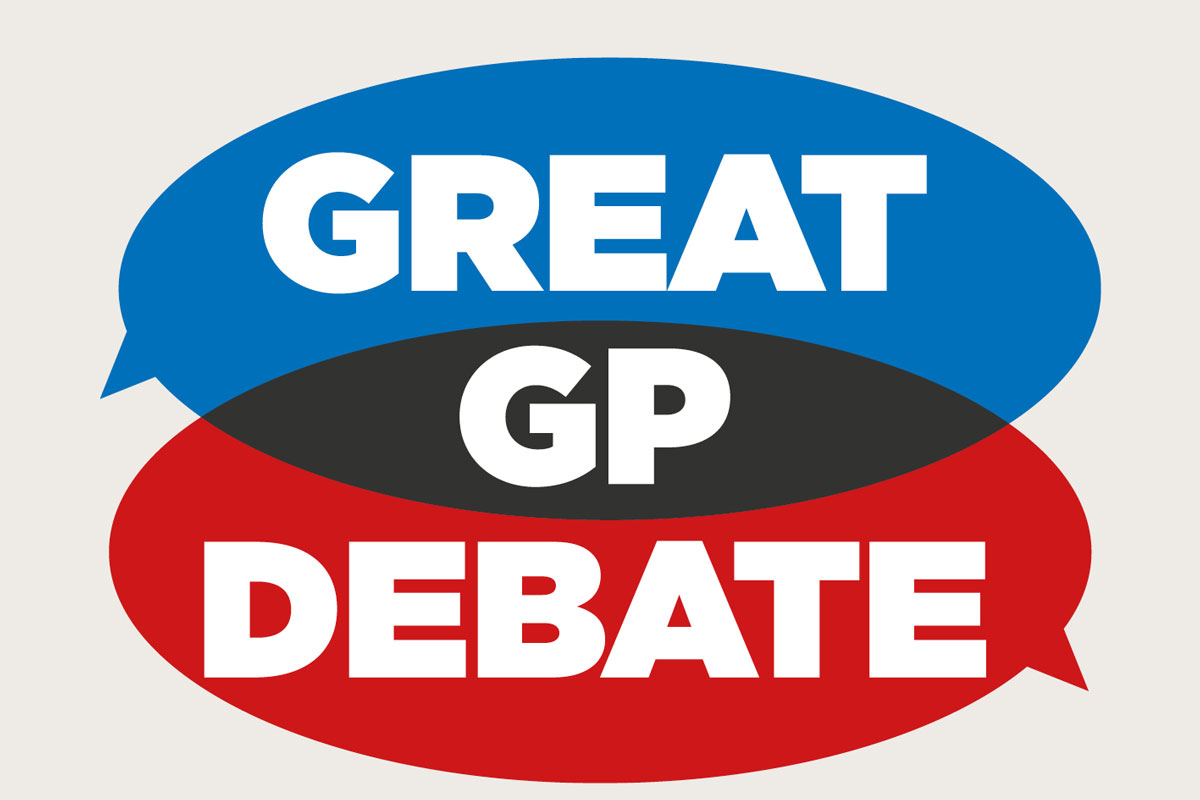
She wakes up refreshed after a good night’s sleep. Breakfast is eaten with the family before school. Backpacks are handed out and tops of heads are tousled before she leaves for work in the car.
There are signs of an early spring, although it is still February. She winds the window down and breathes in the fresh air. The contrast with a few years earlier is stark.
This journey used to be full of dread about what awaited at the surgery. But since she moved onto an Independent Medical Generalist contract (IMG)*, everything has changed. More independent than a salaried GP and less hassled than a partner, her job has been reinvented.
After gliding into a parking space marked ‘GP’ at the health centre, she walks into the building. The receptionist looks more grim-faced than usual; it is going to be a busy day.
She counts her blessings
Recognising a couple of faces in the waiting room she smiles briskly, avoiding conversation so she can get to her consulting room on time. She has five minutes to down a cup of tea and a moment of mindfulness before the first patient walks in.
Closing her eyes, she counts her blessings. The day will bring the usual undifferentiated symptoms, GANFYDs and while-I’m-here-doctors, but the team is now adept at filtering out most needless requests. They know she has to leave on time every day.
Her designated tea break comes at 11am, allowing her time to talk through the morning’s consultations and ask advice from one of the other resident IMG doctors. She made sure she was contracted with a practice that mandated regular breaks; after experiencing burnout five years into her career at another practice, she knew their importance.
Following her break, she has a rota of 30-minute appointments for patients with complex long-term conditions. The first is an octogenarian with a lengthy list of medications and she has booked the appointment to see if she can relieve his pill burden. After getting rid of a historical PPI and an associated vitamin D prescription, she also spots a duplicate antiplatelet. Striking these medications off his list feels good and the patient seems happy.
She reaches the end of her shift and breathes out fully. This time used to be filled with a handful of urgent ‘extras’ squeezed onto her list, a mountain of paperwork, QOF coding and admin. But all overspill now goes to the urgent care hub and admin is done by managers employed by the health board – she’s employed for her clinical skills alone.
The practice team is meeting to discuss the latest CQC directive, but that is no longer her problem. She walks past and out to her car.
Turning to look at the health centre she once owned, she feels a pang of regret. But she remembers all the children’s bedtimes she missed, the sleepless nights and the despair of practising within a hair’s breadth of a medicolegal nightmare. Sure, she’d like a better salary, but at least her income is predictable and can be supplemented by other passions; she is currently working on a book.
She drives home in time to help with her children’s homework, singing along to the radio as she goes.
Nigel Praities is editor of Pulse
*As currently under negotiation with the BMA in Scotland, although it is far from clear yet if it will work as described here.














